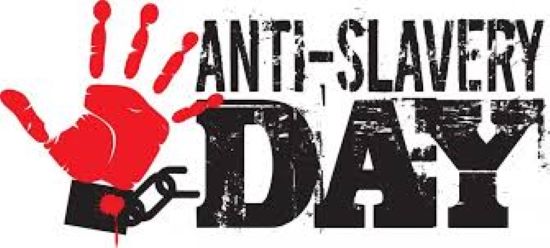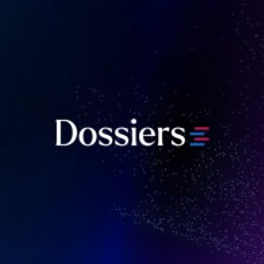The International Day for the Abolition of the Slave Trade (which takes place on Sunday 23 August) should have been the end of slavery.
But while slavery was abolished in 1833, modern slavery still remains an issue. It afflicts more than 40 million people globally across a wide range of industries including services, retail, bonded labour, agriculture, beauty, fashion and many more.
The House of Lords has sought pledges from high street brands to eradicate modern slavery from their supply chains but there’s still a long way to go. Oxfam found that some of the UK’s biggest retailers’ supply chains are contributing to modern slavery demonstrates the scale of the challenge.
If all organisations are to fully comply with not just legal obligations, but social expectations, tackling modern slavery through ethical procurement must be a top priority. Yet with all these issues surrounding modern slavery, how and who can solve this problem?
Processes to protect
Businesses can leverage data and analytics to help uncover and better investigate suspicious activity. But progress has been sluggish; the European Parliament noted that there has been a slow uptake.
Often the problem manifests because modern slavery is hidden in gaps of secrecy and can be difficult to detect. Robust procurement, compliance processes and a transparent view of business relationships will play a fundamental role in identifying whether suppliers, customers or other partners are involved in nefarious activities.
By reviewing compliance processes, including advanced KYC, KYV and third-party risk management solutions, organisations can map out business relationships and untangle large volumes of data to develop an accurate view of supply chain activities.
This is particularly important during Covid-19. Not only are businesses being forced to seek out alternative suppliers due to liquidations and travel restrictions, but they also can’t physically visit many of them as easily as before. And if they can’t complete site visits, how can they know who they are really doing business with?
This is where using data can provide full oversight of tier one, two and three suppliers.
Data for good
Data and technology within supply chains have the power to make a real difference. Investing in the right data solutions, saves time on manual processes, identifies suspicious activities and gives a more complete and transparent picture of a business’ processes.
By doing this, businesses can play a vital role in eradicating modern slavery. And the benefits far exceed reputation-damaging headlines. Businesses will see immense brand value from not just doing the minimum but by leading their industries and investing in the right technology that can combat modern slavery in the supply chain.
The 23 August should serve as a reminder of the serious responsibility that we must all share to eradicate human slavery. Dun & Bradstreet’s founder, Lewis Tappan, played a pivotal role in the American Missionary Association in 1846, to introduce over 100 anti-slavery congregational churches. It’s an inspirational story and example of what we need to do today – fast-forward nearly 175 years and modern slavery is sadly just as prevalent.
 A firm, individual commitment to combating modern slavery is a good step, but taking a smart, data-driven and collaborative approach to eradicate the practice from supply chains is what will achieve real results.
A firm, individual commitment to combating modern slavery is a good step, but taking a smart, data-driven and collaborative approach to eradicate the practice from supply chains is what will achieve real results.
Source: CIPS.org/supply-management
Author: Chris Laws, head of product & strategy at Dun & Bradstreet – The Article was published in Ethics, Procurement


























